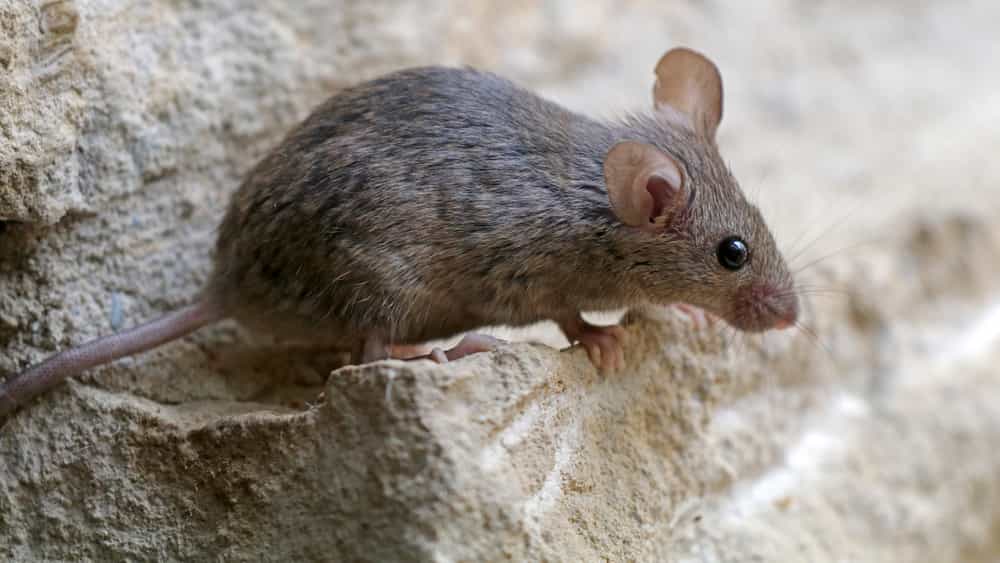While they may look cute, mice are pests you don’t want around the house. Mice are dirty and will damage the walls of your home, nesting in the insulation and chewing on your electrical wires. These pests even spread diseases like Hantavirus, Listeria, and Salmonellosis. If you’re worried about getting mice, there are certain rooms you should keep an eye on. For guaranteed, professional mouse removal, call Mice Control Kitchener.
Mice are omnivorous rodents that feed primarily on a diet of fruits, vegetables, seeds, and nuts. Though they can live in the wild, mice largely depend on human habitats for their survival. Humans provide them with an abundance of food and places to live. The mice we see in Canada grow up to about 20cm in length, tails included, and weigh approximately 18 grams. They have beady black eyes, large round ears, pointed snouts, and long tails. The average female mouse reaches sexual maturity at merely 10 weeks of age and can produce as many as 10 litters of pups a year.
Mice are attracted to human structures for their warmth, shelter, and proximity to food. To get inside, they’ll take advantage of a door that has been left open, or crawl through a small gap in the wall. Mice can even get inside by scaling the outer walls of the home and crawling through gaps in the roof. Once inside, mice commonly nest near sources of food, like in the kitchen or the garage. Mice usually build their nests in quiet, enclosed areas such as wall voids, floor voids, dressers, false ceilings, motor compartments, and cluttered, undisturbed corners of the house. At night, you may be able to hear them squeak and scratch in their nests.
If you’ve spotted a mouse in the house, there are likely several more nearby. Mice usually avoid traveling long distances, so it’s also likely that there is a nest somewhere close. To get rid of them, you should first look for signs of mouse activity, then set traps. Look for grease marks and droppings along the baseboards of the home, inside the cabinets, or in the pantry. Use peanut butter for bait and set snap traps along the animals’ trails. Be sure to check the traps every day and reset them as soon as they have been used. It takes consistent trapping to eliminate an entire colony.
When treating for mice, have a good look at your kitchen and any other areas where you store food. Mice are happy to live practically anywhere that keeps them safe from predators and close to food. If you suspect a mouse infestation in your home, give Mice Control Kitchener a call for safe and effective mouse removal. We perform thorough inspections and mouse-proofing services on top of our reliable mouse control. Contact Pest Control Kitchener to see how we can help.

